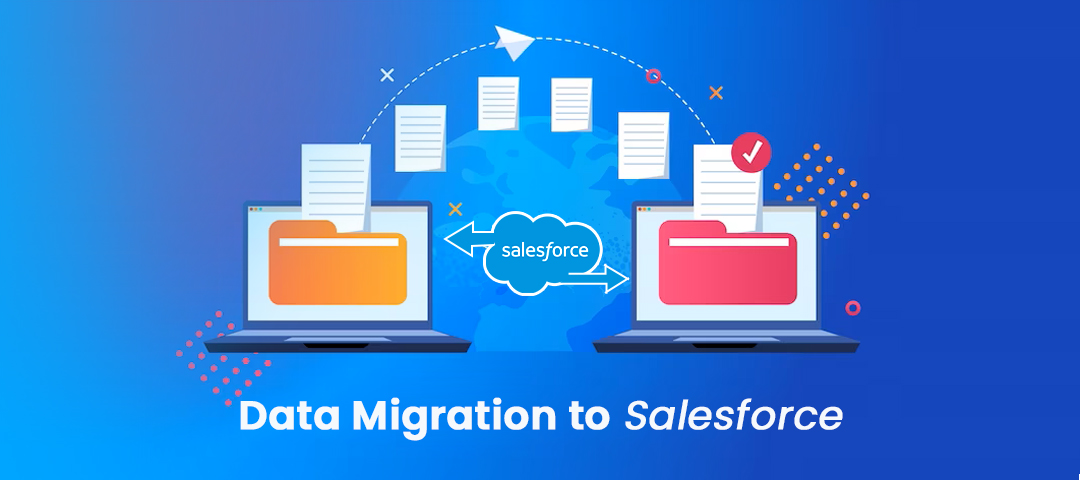May 26, 2023 | SNAK Consultancy
Share on :
How to migrate data in salesforce knowledge?

Migrating data in Salesforce Knowledge can be a challenging task, but it is essential to keep your data organized and accessible for your employees and customers. Migrating your data can also help your organization to better streamline workflows, improve productivity, and reduce the risk of data loss or duplication. In this blog, we'll explore the steps involved in migrating data in Salesforce Knowledge.
Here's how you can do it
1. Analyze your data : Before you start the migration process, it's important to analyze your existing data to determine what needs to be migrated. This can include identifying any duplicates, outdated information, or missing data. You should also assess the quality of your data to ensure that it is accurate and consistent
2. Plan your migration strategy : Once you have analyzed your data, it's time to plan your migration strategy. There are several different approaches to migrating data in Salesforce Knowledge, including using the Salesforce Data Loader, the Salesforce API, or third-party tools. You should determine which approach is best for your organization based on your specific needs and resources
3. Prepare your data : Before you start migrating your data, you need to ensure that it is in the correct format for the migration process. This may involve standardizing your data fields, removing duplicates, or converting data to a different format
4. Create a test environment : Before you start migrating your data, it's important to create a test environment where you can test your migration strategy. This will allow you to identify any potential issues and ensure that your migration strategy is working correctly before you migrate your data to your production environment.
5. Migrate your data : Once you have prepared your data and tested your migration strategy, it's time to migrate your data to Salesforce Knowledge. This involves transferring your data from your existing system to Salesforce Knowledge using the migration strategy that you have planned
6. Validate your data : After you have migrated your data to Salesforce Knowledge, it's important to validate your data to ensure that it has been migrated correctly. This involves checking for any missing data, duplicates, or errors.
7. Train your users : Once your data has been successfully migrated, it's important to train your users on how to use Salesforce Knowledge. This can include providing training materials and resources, as well as ongoing support to ensure that your users are able to effectively use the new system.
Questionnaire
Ques.1) How do I migrate a knowledge article in Salesforce?
Ans. In salesforce setup, Search and open Import article wizard Choose Production and provide salesforce login credentials. Export articles based on the filter provided by the app. Export in Salesforce Article importer format. Once done, mail will be sent to the exported user. Download from the mail
Ques.2) How is migration done in Salesforce?
Ans. You can migrate data by importing or inserting records from another Salesforce legacy source organization or other external source into a new target organization. It's important to import object data in a particular order to maintain record relationships
Ques.3) What is data migration tool in Salesforce?
Ans. Salesforce Data Migration is the process of moving or transferring data from the Salesforce to the destination such as Databases, Data Warehouses, or applications. This process also helps in cleaning the data and optimizing it.
Ques.4) What is the basic process of data migration?
Ans. Explore and Assess the Source. Before migrating data, you must know (and understand) what you're migrating, as well as how it fits within the target system Define and Design the Migration Build the Migration Solution Conduct a Live Test Flipping the Switch Audit.
Conclusion
Migrating data in Salesforce Knowledge can be a complex process, but it is essential for keeping your data organized and accessible. By following these steps, you can ensure that your data is migrated correctly and that your organization is able to take full advantage of Salesforce Knowledge.